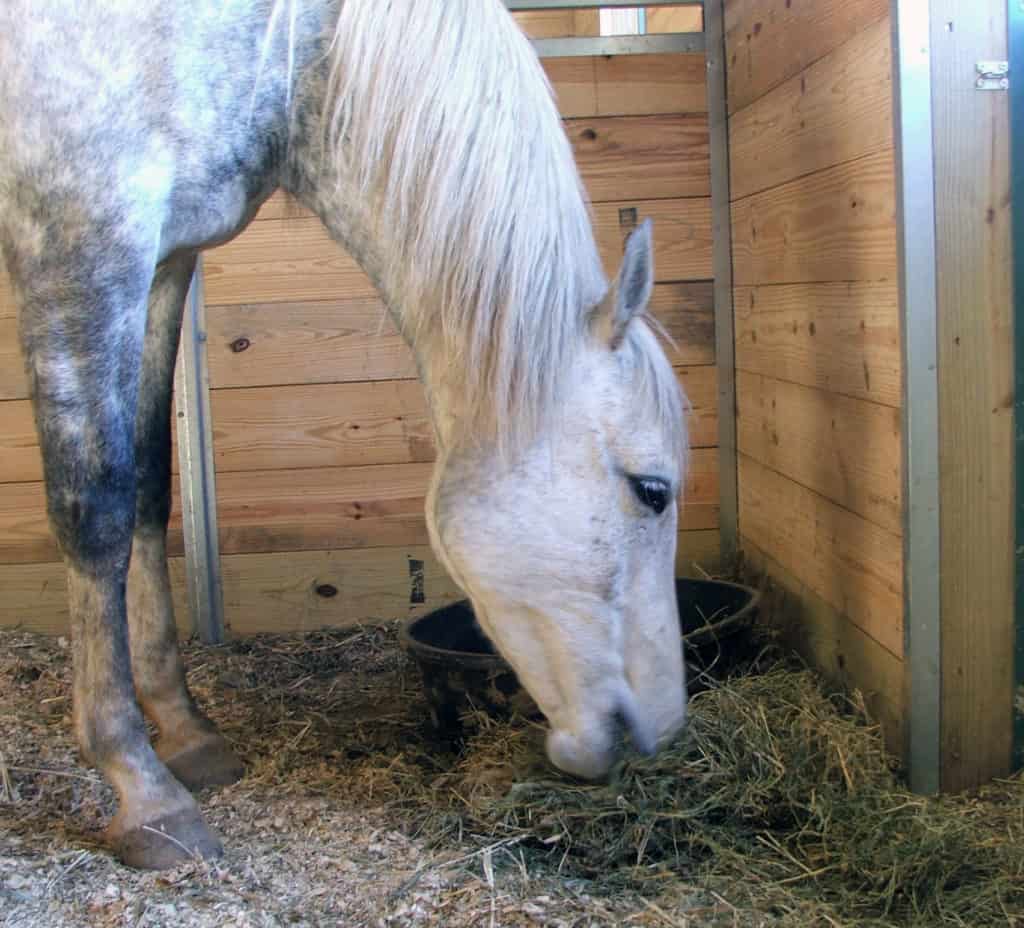Differences in Urine
My two horses’ urine output is very different in smell and color. What could be causing this?
My two horses’ urine output is very different in smell and color. What could be causing this?

A research team is examining how infectious disease and inflammation impact cells in the horse’s gut.

Veterinarians are starting to understand the complexity and diversity of equine microbiome.

Providing pre- and probiotics, coupled with proper nutrition, can have positive effects on horses’ health.

Dr. Scott Weese of the University of Guelph defines microbiomes and their role in equine digestion and immunity at the 2012 International Conference on Equine Infectious Diseases in Lexington, Ky.

Researchers pinpointed a definitive cause of weight loss in 60% of evaluated cases.

Forage-only diets provide horses with more physically effective fiber than hay-and-concentrate diets.

Researchers now believe the microflora residing in the hindgut could contribute to equine obesity.
Eighteen cases identified in France, four in Great Britain, and one in New Zealand.

Researchers found that some horses with inflammatory small bowel disease could have a gluten intolerance.

Research finds withholding a horse’s feed reduced heart rate and increased atrioventricular block frequency.
A recent study suggests that with supportive care affected foals can lead healthy and productive lives.

Electrolyte use and gastric emptying, nonstructural carb tolerance in healthy horses, and nonstructural carb tolerance in healthy horses, and Lawsonia intracellularis, are included in this wrap-up from the 2011 AAEP Convention.
A wrap-up of the most important, interesting, or applicable studies to equine medicine from Dr. Steve Reed.
On Tuesday, Feb.7, from 6:30 to 7:30 p.m., the New Bolton Center will present “Colic in 3D: The Glass Horse.”

There are more than 100 possible causes for dysphagia–the inability to swallow–in horses.
Stay on top of the most recent Horse Health news with
"*" indicates required fields